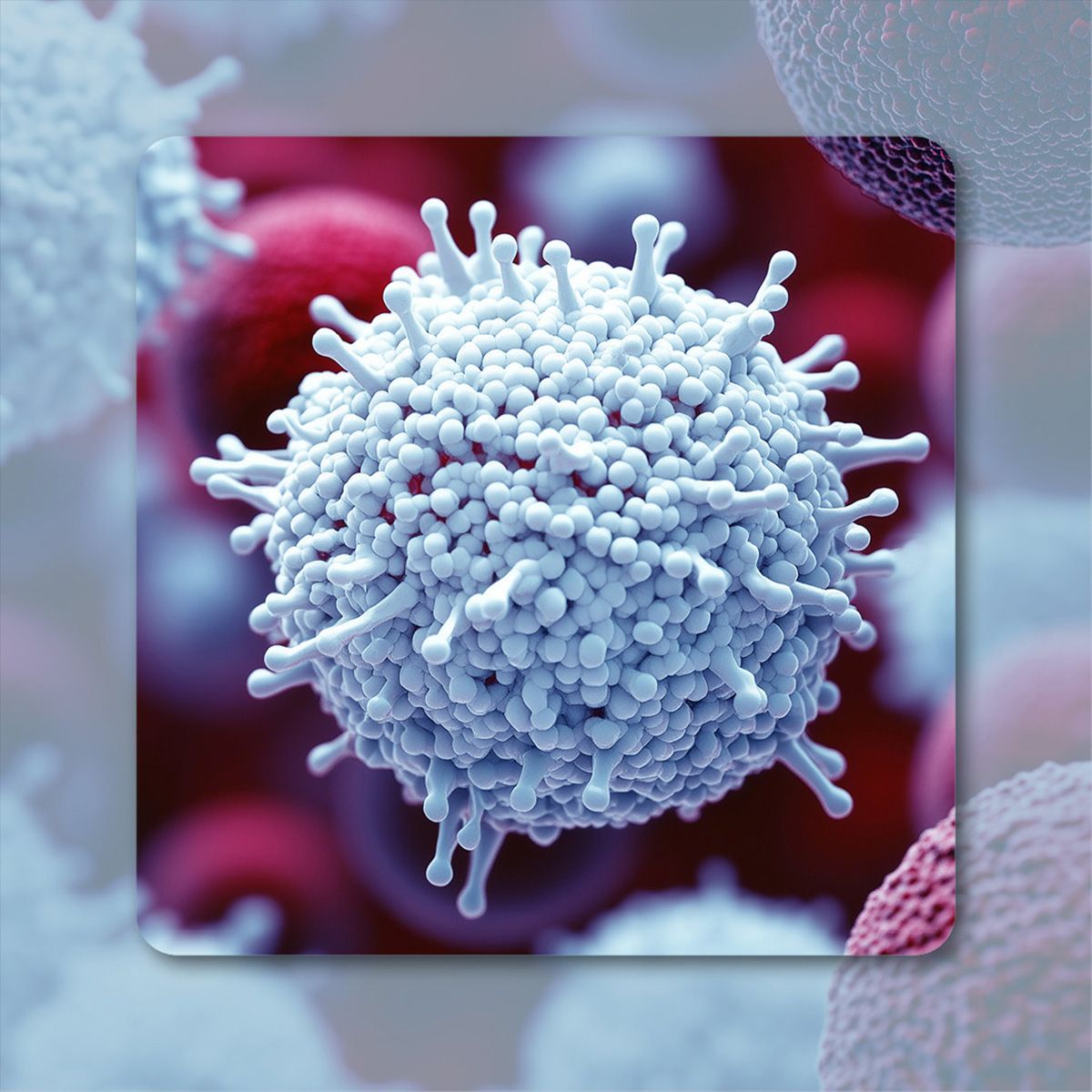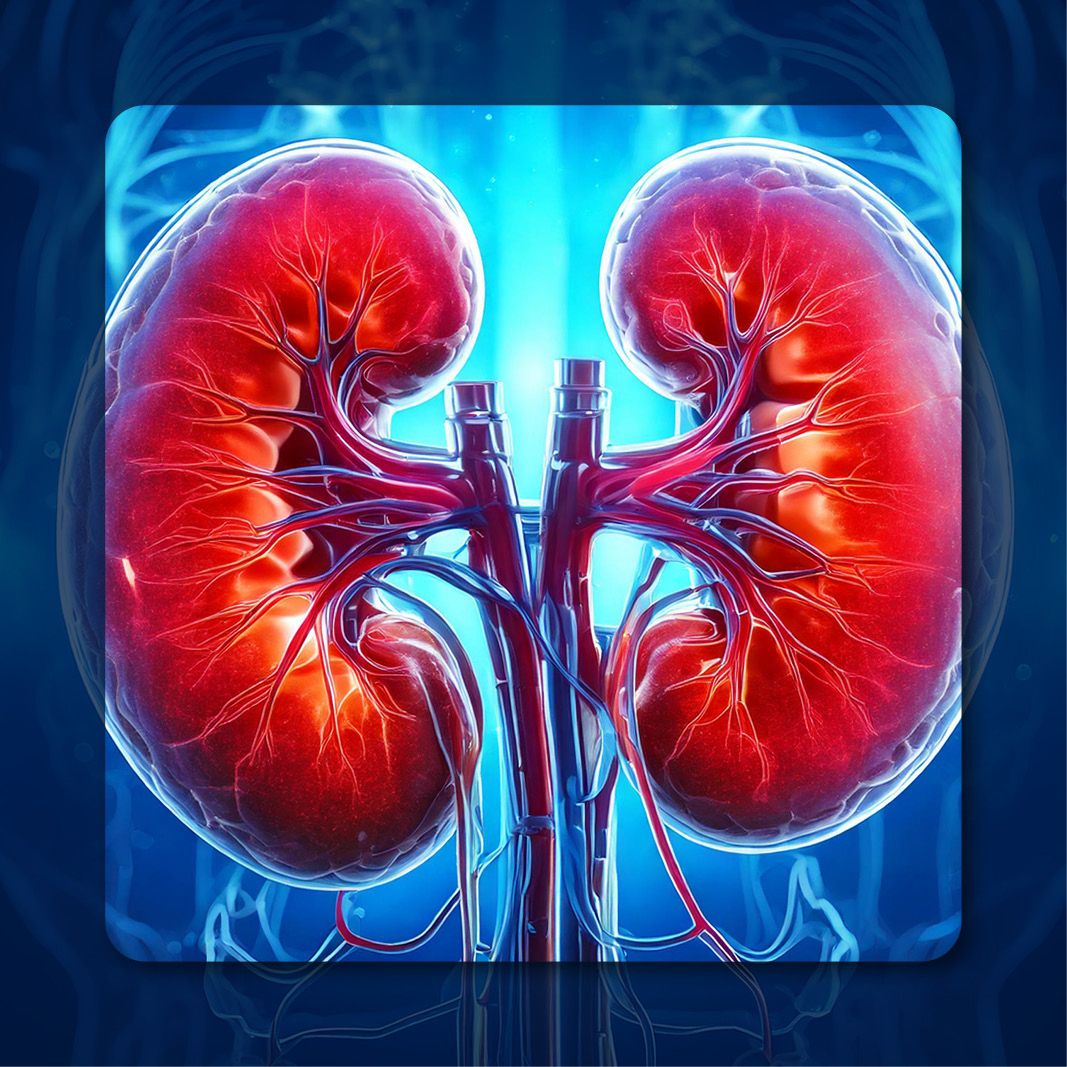Video
Dr. Shah on the Role of Immunotherapy in Gastroesophageal Cancer
Author(s):
Manish A. Shah, MD, discusses the role of immunotherapy in gastroesophageal cancer.
Manish A. Shah, MD, Bartlett Family Associate Professor Gastrointestinal Oncology and associate professor of medicine at Weill Cornell Medical College, Cornell University, and associate attending physician at NewYork-Presbyterian Hospital, discusses the role of immunotherapy in gastroesophageal cancer.
Immunotherapy was originally developed for the advanced setting, specifically for use in third-line and beyond, and it demonstrated activity in some patients with gastroesophageal cancer, says Shah. The patients who reacted positively to immunotherapy experienced immense benefit.
Immunotherapy has since moved to the second-line setting, the first-line setting, and now, the locally advanced setting. Some data in the second-line setting suggest that immunotherapy is not superior to chemotherapy. In the first-line setting, the addition of immunotherapy to chemotherapy has not been found to be superior to chemotherapy alone, according to Shah. Some patients with gastroesophageal cancer benefit from immunotherapy, but there is currently no method to identify who these patients are, adds Shah.
Some patients with gastric cancer experience a large burden of disease and are symptomatic. Starting with chemotherapy is the best approach for those patients, unless a specific target, such as mismatch repair deficiency, is detected, says Shah. If such a target is present, up-front immunotherapy should be considered, concludes Shah.


















%20(2)%201-Recovered-Recovered-Recovered-Recovered-Recovered-Recovered-Recovered-Recovered-Recovered-Recovered-Recovered-Recovered-Recovered-Recovered-Recovered-Recovered-Recovered.jpg?fit=crop&auto=format)
%20(2)%201-Recovered-Recovered-Recovered-Recovered-Recovered-Recovered-Recovered-Recovered-Recovered-Recovered-Recovered-Recovered-Recovered-Recovered-Recovered-Recovered-Recovered.jpg?fit=crop&auto=format)
